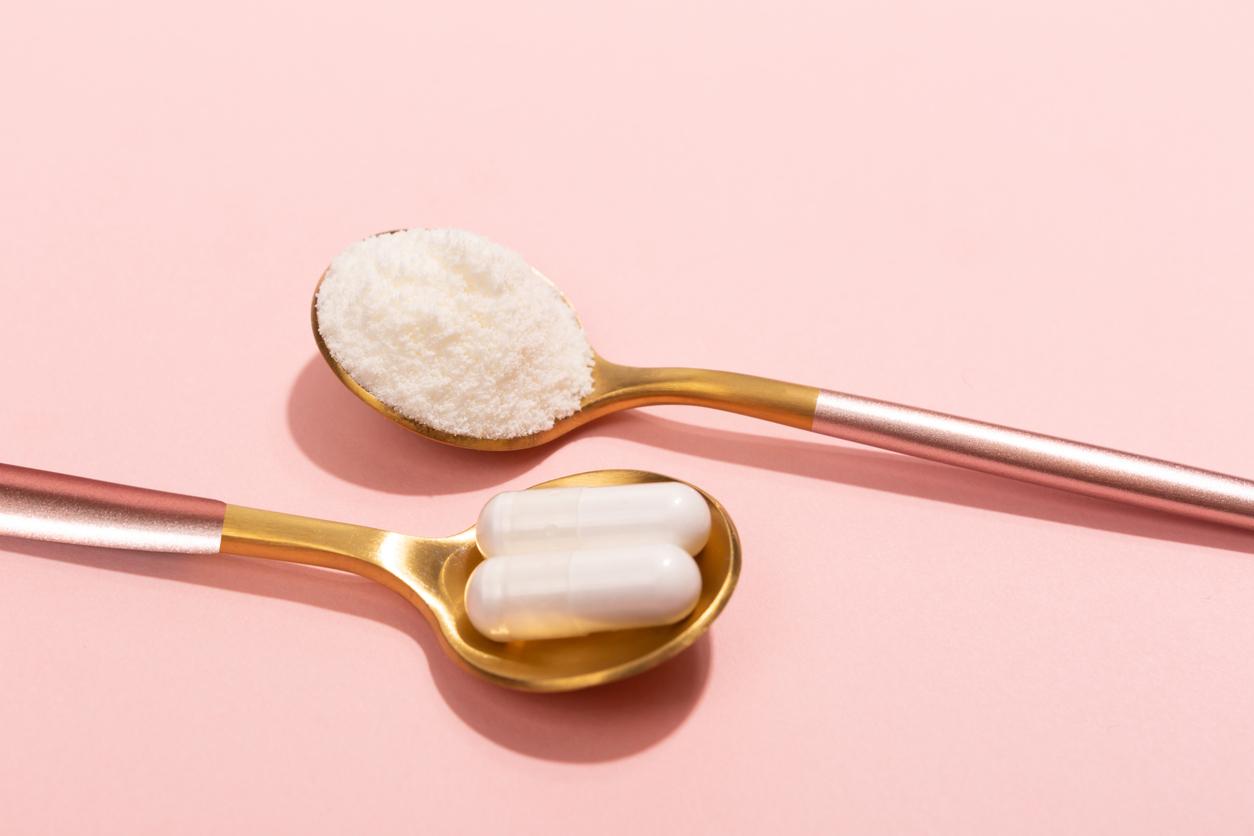Spending time on volunteer activities can slow biological aging, particularly among retirees, according to a team of researchers.

- Dedicating between 50 and 199 hours per year to volunteer activities is particularly beneficial for retirees, filling the void left by stopping work and providing social interaction and a sense of purpose.
- The benefits increase with involvement: more than 200 hours per year (around 4 hours per week) significantly reduce the acceleration of biological age, even among active people.
- However, a minimal commitment (1 to 49 hours) remains beneficial, especially for retirees.
Giving of yourself, even a little, might just be the key to a longer, healthier life. This is, in essence, the conclusion of new research carried out by the Brown School at Washington University in Saint-Louis, in the United States. Published in the journal Social Science & Medicinethe study reveals that devoting between 50 and 199 hours per year to volunteer activities can delay our biological aging.
Slowing down aging thanks to volunteering
This phenomenon is even more marked among retirees, compared to people still in professional activity. “The effects of moderate volunteering were strongest among the aging population, explain the researchers in a press release. Probably because this activity fills the void left by stopping work, promoting social connections and providing a feeling of usefulness.. These two factors, which play a crucial role in the well-being of individuals, are often associated with slower aging.
To ensure the results were accurate, the scientists took into account many factors linked to epigenetic aging, such as physical activity, smoking, obesity and symptoms of depression. “We also incorporated data on the overall health of participants to make the volunteer and non-volunteer groups comparable.”
Benefits even with minimal commitment
The study, based on data from the US longitudinal Health and Retirement Study, shows that the benefits increase with the time spent volunteering. More than 200 hours per year, or around 4 hours per week, can significantly reduce the acceleration of biological age, both among retirees and active workers. “This regular engagement provides a higher dose of social, physical and purposeful interactions – crucial elements for staying healthy”notes the press release.
Note that even a low commitment, i.e. between 1 and 49 hours of volunteering per year, proves beneficial for seniors, by offsetting some of the positive effects linked to paid work that they no longer have, such as social stimulation and cognitive. But additional research remains necessary to understand precisely the mechanisms at work behind this association, concede the authors of the study.

















